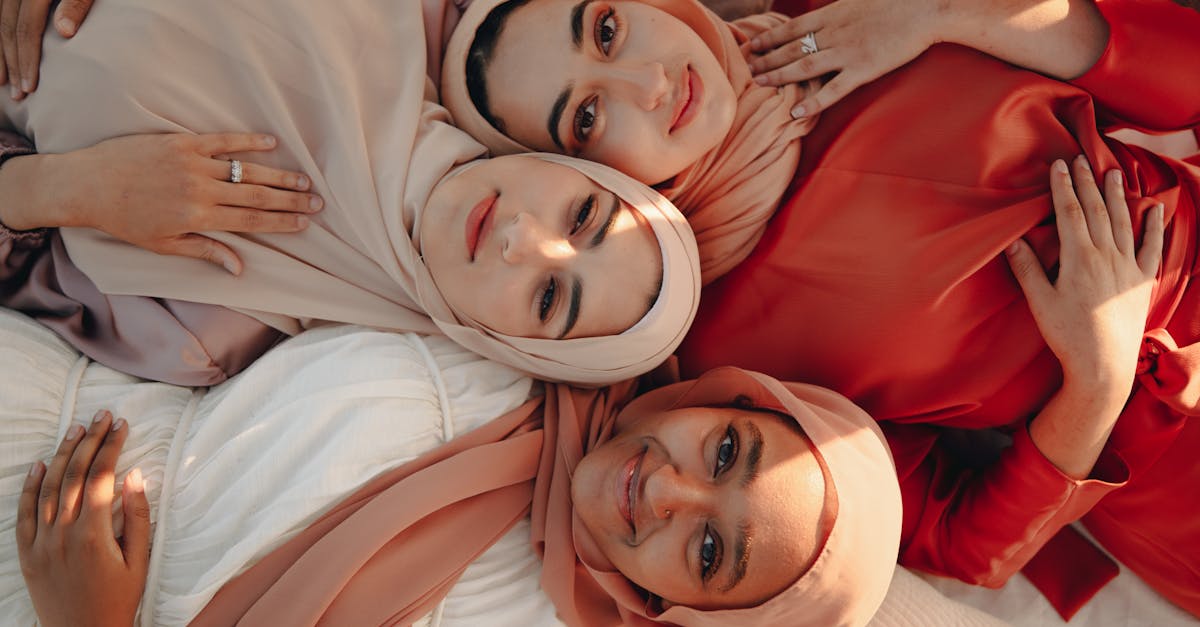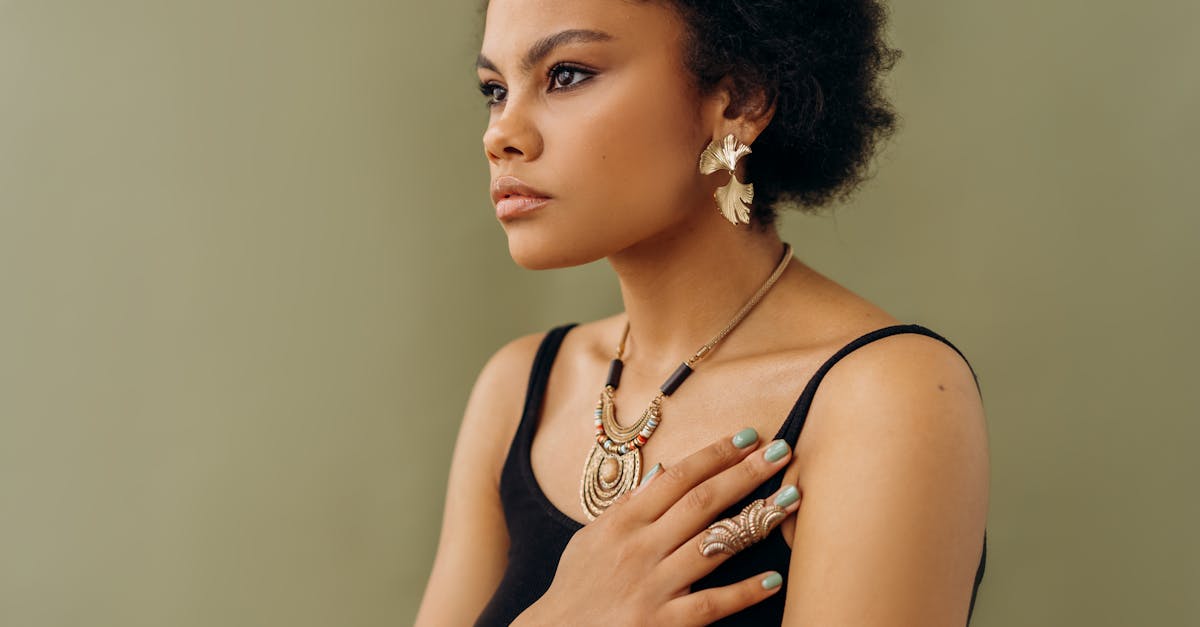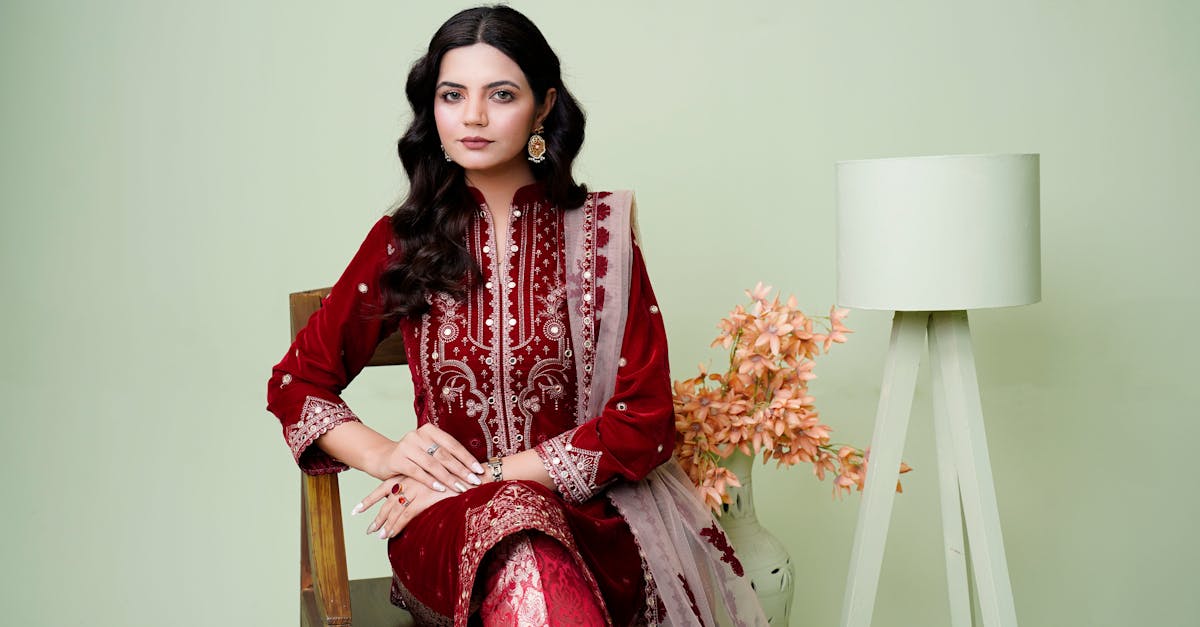Mindful Fashion Discoveries Embrace Change In Style
Introduction
In today's ever-evolving fashion world, mindfulness has become a guiding principle that reshapes the industry. "Mindful Fashion Discoveries Embrace Change in Style" sheds light on the integration of ethics, sustainability, and innovative practices within fashion. From the conscious consumer to sustainability-driven brands, this shift is palpable both on the runway and in day-to-day clothing choices. But what exactly is mindful fashion? How has it revolutionized the industry's approach toward innovation, aesthetics, and ethical responsibility? This article delves into mindful fashion's transformative power, presenting insights into its influence on contemporary style.
Advertisement
The Rise of Conscious Consumers
The conscious consumer movement is at the forefront of driving change in fashion. Individuals today are acutely aware of the impact their purchases have on the environment and the people who produce them. A growing demand for transparency has compelled brands to reveal supply chains, ethical sourcing practices, and sustainable commitments. Consumers prefer minimalist styles and versatile pieces that last longer, ensuring a diminished environmental footprint. With more end-users scrutinizing brands for their ecological practices, fashion is embracing changes that prioritize ethical production, fair labor, and environmental responsibility.
Advertisement
Sustainability in Fashion: A Necessity
The fashion industry is notorious for its significant environmental footprint, but mindful fashion is rewriting this narrative. By championing sustainable materials and practices, the industry is making significant strides towards reducing waste and pollution. The rise of biodegradable textiles, recycling initiatives, and innovation in eco-friendly fabrics have all contributed to this shift. Brands like Patagonia and Stella McCartney have set the benchmark by integrating sustainability into their core business models, paving the way for others to follow. This reduction in resource consumption is not just a trend, but a necessity for the planet's well-being.
Advertisement
Ethics in Fashion: Embracing Fair Trade
Beyond the materials used, ethics in fashion encompasses the fair treatment of workers and equitable trade practices. The past decade has witnessed a push for improved labor conditions, fair wages, and the rights of those in the fashion supply chain. Brands are increasingly adopting fair trade certifications and ensure that their clothing is produced under ethical conditions. This commitment not only appeals to likeminded consumers but also sets a new standard of accountability and responsibility within the industry. The result is a garment that reflects a more holistic approach to fashion, prioritizing people alongside profitability.
Advertisement
Innovative Fashion: Fusing Functionality and Style
Mindful fashion is not solely about ethics and sustainability—it is also about innovative design. Designers are merging functionality with style, adopting techniques that accommodate change. 3D printing allows for on-demand production that reduces excess inventory. Customizable garments that adapt to personal preferences are surfacing, ensuring a tailored experience for each wearer. Furthermore, technological advancements like smart fabrics that enhance multifunctionality exhibit the progressive nature of mindful fashion. Through this, the industry is crafting pieces that merge practical utility with aesthetic allure.
Advertisement
Circular Fashion: A New Approach
In response to 'fast fashion,' circular fashion has emerged as a promising approach to sustainability by extending the lifecycle of garments. This involves recycling, upcycling, and offering reselling opportunities for clothing items, effectively closing the production loop. Companies are establishing take-back schemes and collaborating with thrift stores to ensure that garments have a second life. By rethinking the end-of-life stage of clothing, this strategy reduces waste and maximizes resource use. Circular fashion urges both brands and consumers to consider the full journey of their products, promoting a culture with less overall consumption.
Advertisement
Collaborative Symbiosis in Fashion
Mindful fashion has realized the power of collaboration in achieving change, recognizing competitors as potential allies rather than rivals. Cross-industry partnerships are creating innovative solutions to long-standing issues. Fashion brands now team up with technology firms to develop sustainable materials and enhance manufacturing processes. Non-profit organizations partner with designers to cultivate ethical practices and educate the public on responsible consumption. This collaborative approach fosters an environment of shared knowledge and resources, amplifying the impact of mindful fashion initiatives on a global scale.
Advertisement
Challenges in Transitioning to Mindful Fashion
Despite its numerous benefits, transitioning to mindful fashion poses challenges. From cost implications of sustainable alternatives to ensuring standard adherence across supply chains, hurdles exist. Small brands struggle with the initial investment required to shift towards sustainable practices, while larger companies grapple with retrofitting longstanding processes. Additionally, changing consumer mindsets from immediate gratification to long-term value remains a challenge. Yet, these hurdles are increasingly seen as opportunities for innovation and progress, driving industry leaders to persist in their efforts to embrace mindful transformations.
Advertisement
The Role of Digital Platforms
Digital platforms have emerged as catalysts for boosting transparency and consumer engagement in mindful fashion. E-commerce giants now host dedicated sections spotlighting ethically-produced clothing and eco-friendly brands. Apps have emerged, allowing consumers to trace the origin and sustainability rating of garments with a simple click. Social media platforms have become spaces where brands can share their sustainability stories, while influencers drive the sentiment further, endorsing conscious consumption. Through these digital engagements, consumers are empowered to make informed choices, influencing a broader adoption of mindful fashion practices.
Advertisement
Conclusion: Fashion as a Force for Good
As this article explored, mindful fashion has embraced change on several fronts, inspiring a positive shift in the industry. Through its adoption of ethics, sustainability, and innovation, fashion now exists as a force for goodwill. The journey towards a more mindful industry may be challenging, yet it is guided by a commitment to care for people and the planet. Brands and consumers must continue to collaborate, innovate, and champion practices that honor this vision. Embracing mindful fashion encourages a future where style transcends aesthetics and becomes a catalyst for social and environmental prosperity.
Advertisement








